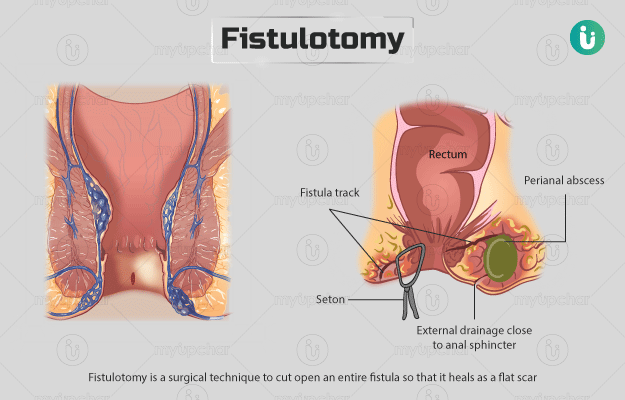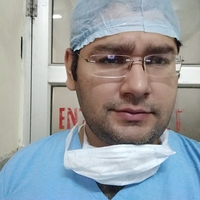Summary
Fistulotomy is a surgical method to treat fistulas—abnormal connections that form between two areas in the body—by cutting them open and flattening them. However, the procedure is only done for superficial fistulas and cannot treat complex fistulas.
Before the surgery, you will be asked to undergo different tests such as an MRI, CT scan, proctoscopy, and rectal examination to assess the fistula and your overall health. You will be asked to fast for a few hours before the surgery.
Fistulotomy is performed with general anaesthesia but local anaesthesia may also be administered to you to help cope with the pain after the surgery. It takes about an hour for the surgery to finish. You will be discharged home once you wake up.
Once the dressing comes off, you do not need to put a new one. The wound will heal on its own. At home, you can take your normal diet and perform your everyday activities without any restrictions. Taking sitz baths and using an ice pack will help after the surgery. Some of the risks of fistulotomy include bowel incontinence, infection, and recurrence of the fistula.










































